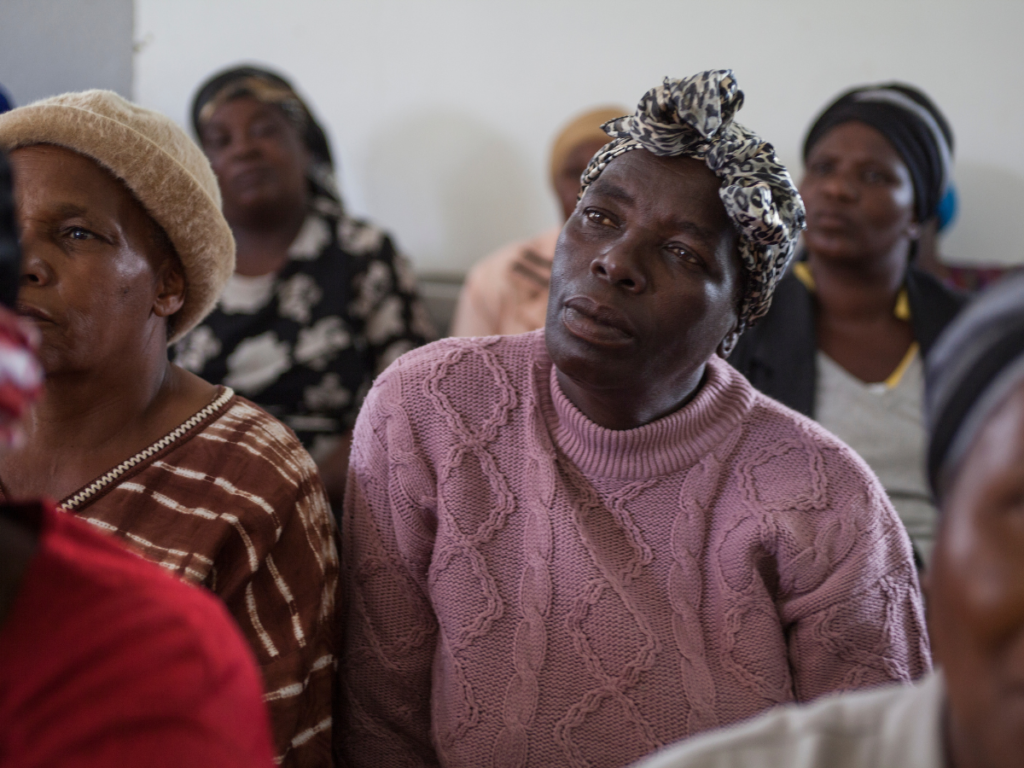ESWATINI’S FRAGILE HEALTHCARE SYSTEM: A CRISIS IGNORED

Eswatini’s healthcare system is a reflection of the broader systemic neglect and inequality that defines life under the monarchy. By October 2022, the cracks in this fragile system had widened, leaving millions of Swazis without access to adequate medical care. Chronic underfunding, shortages of essential supplies, and a lack of investment in public health infrastructure have turned healthcare into a daily struggle for survival. While the monarchy continues to indulge in extravagance, ordinary citizens are left to bear the brunt of a failing system.
The state of Eswatini’s public healthcare facilities is dire. Hospitals and clinics across the country face critical shortages of medicines, medical equipment, and even basic supplies like gloves and bandages. Patients requiring specialized care are often turned away due to a lack of resources or referred to private facilities that are unaffordable for the majority. This reality is particularly stark in rural areas, where healthcare access is limited, and patients must travel long distances to reach the nearest clinic, only to find it understaffed and under-equipped.
The healthcare crisis is exacerbated by the government’s failure to prioritize public health in its budget. While the monarchy allocates significant resources to royal ceremonies, international trips, and lavish lifestyles, public health spending remains insufficient to meet the needs of the population. This imbalance is not only a failure of governance but also a stark reminder of the regime’s disregard for the well-being of its people.
Healthcare workers, the backbone of the system, are also among its most affected. Underpaid and overworked, many nurses, doctors, and support staff have raised their voices about the impossible conditions they face. Strikes and demonstrations by healthcare workers have become increasingly common, with demands for better wages, safer working environments, and adequate supplies. However, these protests are often met with indifference or repression from the government, leaving workers demoralized and patients underserved.
The impact of this crisis is felt most acutely by vulnerable populations, including children, the elderly, and those living with chronic illnesses such as HIV/AIDS. Eswatini has one of the highest HIV prevalence rates in the world, yet access to life-saving antiretroviral treatment remains inconsistent. Patients who rely on regular medication are frequently left without their prescriptions due to stockouts, putting their lives at risk. Maternal and child healthcare services are also inadequate, with high rates of maternal mortality and preventable deaths among infants.
The COVID-19 pandemic further exposed the weaknesses of Eswatini’s healthcare system. While the government scrambled to respond to the crisis, the lack of infrastructure, supplies, and preparedness led to unnecessary suffering and loss of life. The pandemic highlighted the urgent need for investment in public health, but little has been done to address these gaps in the aftermath.
Despite these challenges, there are individuals and organizations working tirelessly to provide care and support to those in need. Local NGOs, community health workers, and international partners have stepped in to fill some of the gaps left by the government. However, their efforts are not a substitute for a functioning public healthcare system. The responsibility to ensure access to quality healthcare lies with the government, and it has consistently failed to meet this obligation.
The international community must hold Eswatini’s leadership accountable for its neglect of public health. Advocacy groups and regional bodies like the Southern African Development Community (SADC) must pressure the monarchy to prioritize healthcare funding and address systemic issues. Supporting grassroots health initiatives and amplifying the voices of healthcare workers can also help shine a light on this crisis and push for meaningful change.
As an activist, I believe that healthcare is a fundamental human right, not a privilege. The people of Eswatini deserve a government that values their lives and invests in their well-being. The current state of the healthcare system is a betrayal of this basic principle and a glaring example of the regime’s misplaced priorities.
The fight for a better healthcare system in Eswatini is part of the broader struggle for justice and democracy. Without access to healthcare, citizens cannot thrive or participate fully in society. Addressing this crisis requires systemic change and a commitment to building a future where every Swazi has the opportunity to live a healthy and dignified life. Together, we must continue to demand accountability and advocate for a healthcare system that serves the people, not the elite. The lives of millions depend on it.



